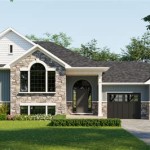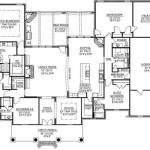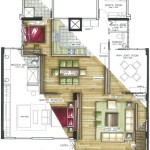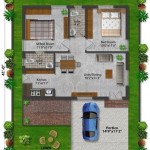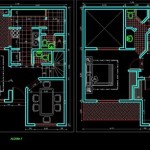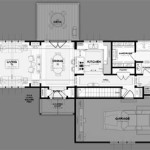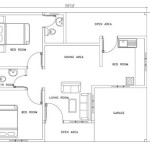Essential Aspects of Insulated Wood Dog House Plans
Providing your furry companion with a comfortable and protective shelter is essential for their well-being, especially during extreme weather conditions. Insulated wood dog house plans offer an effective solution to keep your dog warm in the winter and cool in the summer. Here are some crucial aspects to consider when building an insulated wood dog house:
Material Selection
The choice of wood plays a significant role in the insulation and durability of the dog house. Cedar, redwood, and cypress are excellent options due to their natural resistance to rot, moisture, and insects. Pressure-treated lumber can also be used for added protection against decay, but ensure that it is safe for pets.
Insulation Layer
The insulation layer is crucial for maintaining a comfortable temperature inside the dog house. Use rigid foam insulation or batt insulation designed for exterior applications. The thickness of the insulation should be at least 1-2 inches, depending on your climate. Place the insulation between the inner and outer walls of the dog house.
Ventilation
Proper ventilation is essential to prevent moisture buildup and ensure your dog's comfort. Provide two ventilation holes on opposite walls, near the roof's peak. Cover these holes with wire mesh to prevent insects from entering. Adequate ventilation will also help regulate the temperature inside the dog house.
Roofing
The roof should be sloped to allow for proper drainage and prevent water from pooling. Asphalt shingles or metal roofing are suitable options. Ensure that the roof overhangs the edges of the dog house to provide additional protection from rain and sun.
Door and Entrance
The dog house entrance should be large enough for your dog to enter and exit comfortably. Install a vinyl or plastic flap over the entrance to provide insulation and protect against drafts. Ensure that the flap is weighted so that it falls back into place automatically.
Foundation
A solid foundation will prevent the dog house from shifting or sinking into the ground. Use concrete blocks, pavers, or pressure-treated lumber to elevate the dog house and protect it from moisture and cold.
Finishing Touches
Once the dog house is assembled and insulated, you can add some finishing touches to make it more comfortable and aesthetically pleasing. Consider painting the exterior with a pet-safe paint or staining it for protection and durability. You can also add a raised bed or dog mattress for added comfort inside the dog house.
Additional Tips
* Measure your dog's height and length to determine the appropriate size for the dog house. * Ensure that the dog house is placed in a well-ventilated area, away from direct sunlight and moisture. * Clean and disinfect the dog house regularly to maintain a healthy environment for your pet.
Cold Weather Dog House Plans Bradshomefurnishings Winter Diy Insulated

Insulated Dog House Diy Plans

14 Diy Dog Houses How To Build A House Plans Blueprints

Easy Diy Winter Doghouse Self Sufficient Projects

How To Build A Custom Insulated Dog House Ron Hazelton

How To Build An Insulated Dog House Howtospecialist Step By Diy Plans

Best 25 Insulated Dog Houses Ideas Only On House Diy Plans

Insulated Dog House Plans Wilker Do S

How To Build An Insulated Or Heated Doghouse Easy Diy
:strip_icc()/Beautiful-Pallet-Dog-House-with-Veranda-1-5a202f90494ec90037893a82.jpg?strip=all)
14 Free Diy Dog House Plans Anyone Can Build

